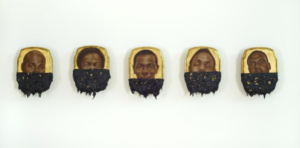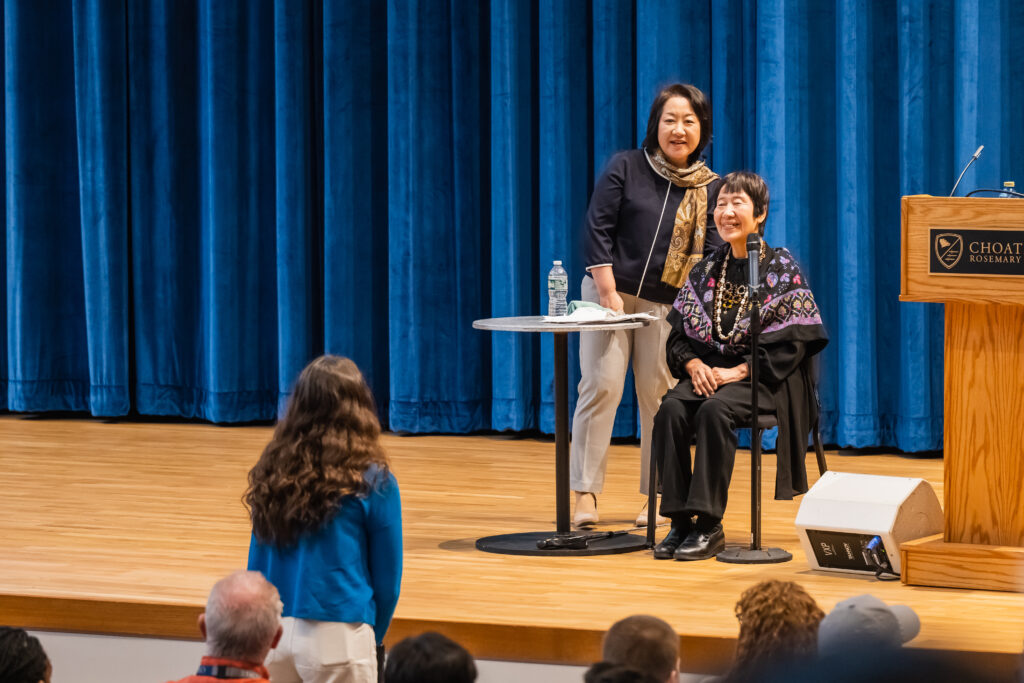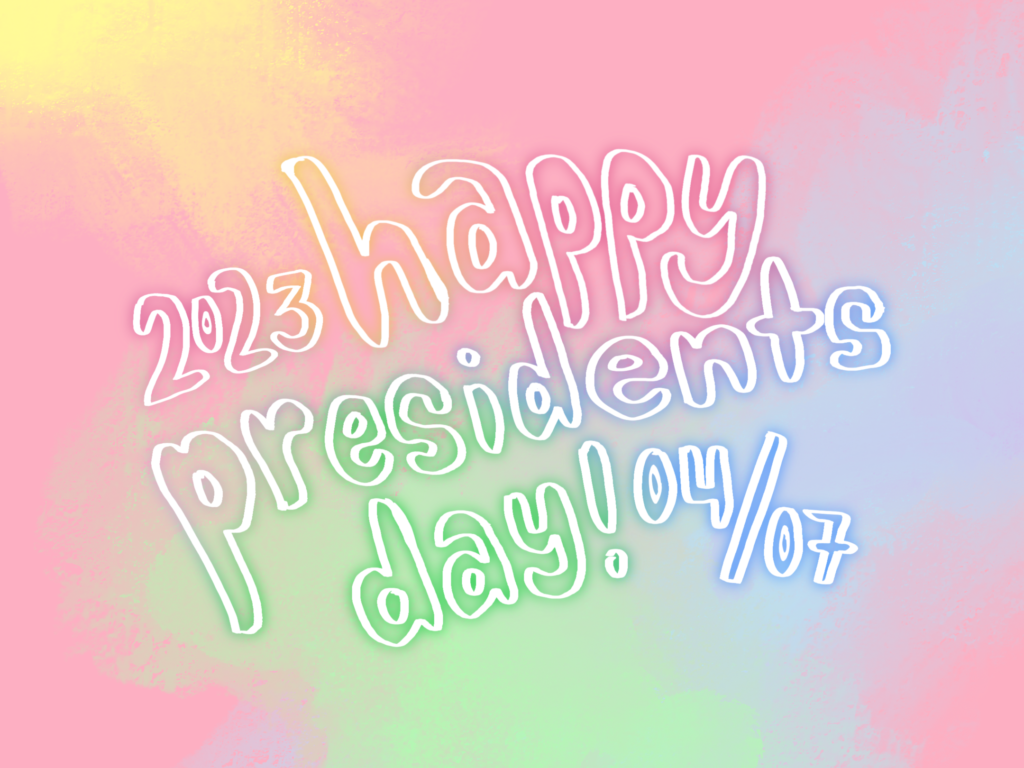New Haven is a city filled with talent. Brilliant artists, writers, performers, scientists, doctors, and mathematicians can all be found living in its diverse environment. Two of these talented individuals – Professor Greg Gonsalves, a scientist, and Mr. Titus Kaphar, an artist – were recently recognized by the MacArthur Foundation for their exceptional contributions to their respective fields. The foundation selected these New Haven citizens to receive two of the 25 MacArthur “Genius” Fellowships awarded this year. These fellowships include a grant of $625,000 for the recipients to use for any purpose.
Prof. Gonsalves is an epidemiologist and global health advocate who works in the Department of Epidemiology of Microbial Diseases at Yale University. The MacArthur Foundation recognized him for his activism in the HIV community. Since 1989, he has worked as an HIV/AIDS activist for several organizations including the AIDS Coalition to Unleash Power (ACT UP) and the AIDS and Rights Alliance for Southern Africa. His work aims to support both the scientific and political aspects of HIV activism by not only examining methods for preventing, recognizing, and treating HIV-positive patients but also protecting the rights of HIV-positive patients around the world.
This idea of combining scientific and political HIV-related initiatives inspired Prof. Gonsalves to work with other Yale professors to form the Yale Global Health Justice Partnership, a program sponsored by both the Yale Law School and the Yale School of Public Health. In a video filmed by the MacArthur Foundation he stated, “We’ve worked in partnership with groups to think through the issues that confront them,” stated Prof. Gonsalves about the program. “Whether it’s the cholera outbreak in Haiti, whether it’s silicosis and tuberculosis among gold miners in Southern Africa, whether it’s the cost of hepatitis C drugs around the world, we’re trying to sort of put together partners between academia and non-governmental organizations and others who care about these issues to sort of push things forward.”
Mr. Kaphar is a painter whose work mainly addresses the history and impact of racial injustice in the past and modern day. The MacArthur Foundation awarded him the grant to recognize his artwork’s powerful illustration of the African American experience in America. Mr. Kaphar often manipulates his materials in unconventional ways like cutting, shredding, and twisting. For example, in some of his paintings, components of the artwork such as canvas stretcher bars which are traditionally hidden are completely exposed to represent how he intends to expose the areas of history that are traditionally hidden.
He also uses these unusual methods to add detailed layers to his artwork. The layers are meant to express different stories and perspective, as well as a sense of dimensionality to the events of US history. “There are always multiple narratives,” said Mr. Kaphar in an interview on the MacArthur foundation website. “I’m asking the viewer to try to piece that whole story together without leaving behind the valuable narrative of, in many cases, those people who have been silenced over the years.” Mr. Kaphar has also explored many artistic projects, including his “Jerome Project.” After searching for his father’s prison records, he discovered more than 90 formerly imprisoned men with the same exact name as his father: Jerome Kaphar. He decided to bring awareness to the prejudices of the criminal justice system by painting portraits of several of the imprisoned men named Jerome Kaphar based on their mugshots. He then submerged the paintings in tar until the tar covered a certain area of the painting that, for some of the works, represented the amount of time spent in jail.
MacArthur fellows are nominated by a dynamic group of nominators from a variety of backgrounds. The foundation’s website explains that nominators utilize their knowledge to choose the most creative innovators in their respective fields. Then, the Selection Committee – a group of about a dozen experts in fields ranging from humanities and the arts to science – narrows down the nominees and sends their recommendations to the President and Board of Directors of the MacArthur Foundation. According to the MacArthur Foundation website, the Selection Committee selects fellows based on the following criteria: “1. Exceptional Creativity 2. Promise for important future advances based on a track record of significant accomplishments 3. Potential for the Fellowship to facilitate subsequent creative work.” Around 20 to 30 fellows are chosen each year.
Receiving a MacArthur “Genius” Grant is an outstanding achievement for any researcher, artist, or activist. As Managing Director of the MacArthur Fellows Program Ms. Celia Conrad said, “Working in diverse fields, from the arts and sciences to public health and civil liberties, these 25 MacArthur Fellows are solving long-standing scientific and mathematical problems, pushing art forms into new and emerging territories, and addressing the urgent needs of under-resourced communities. Their exceptional creativity inspires hope in us all.”





